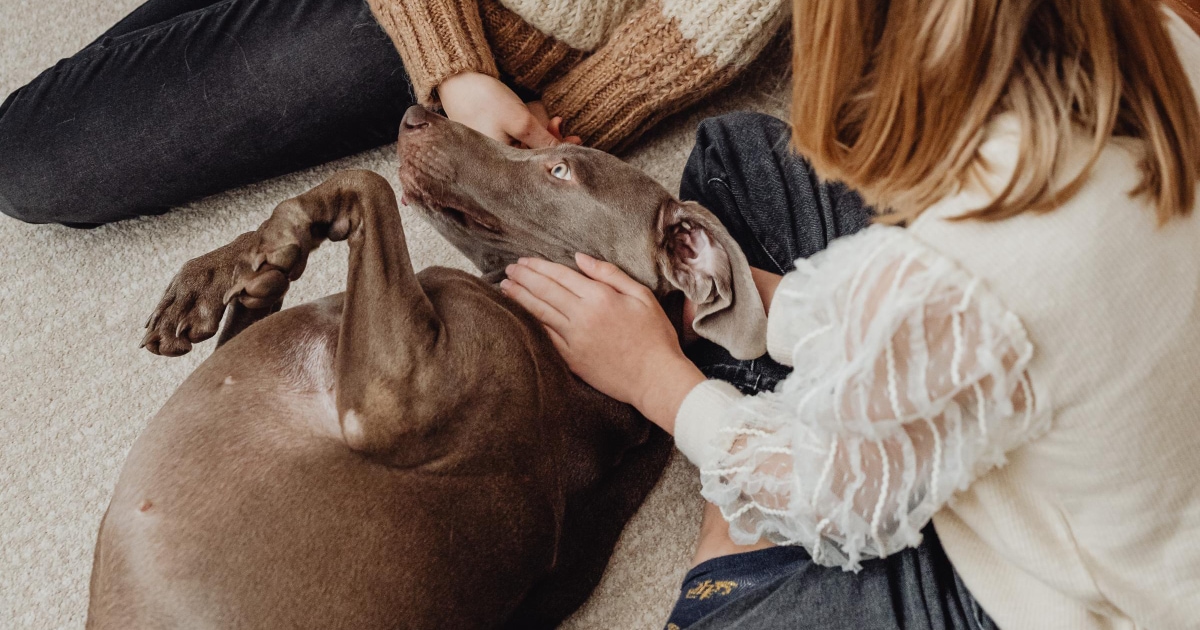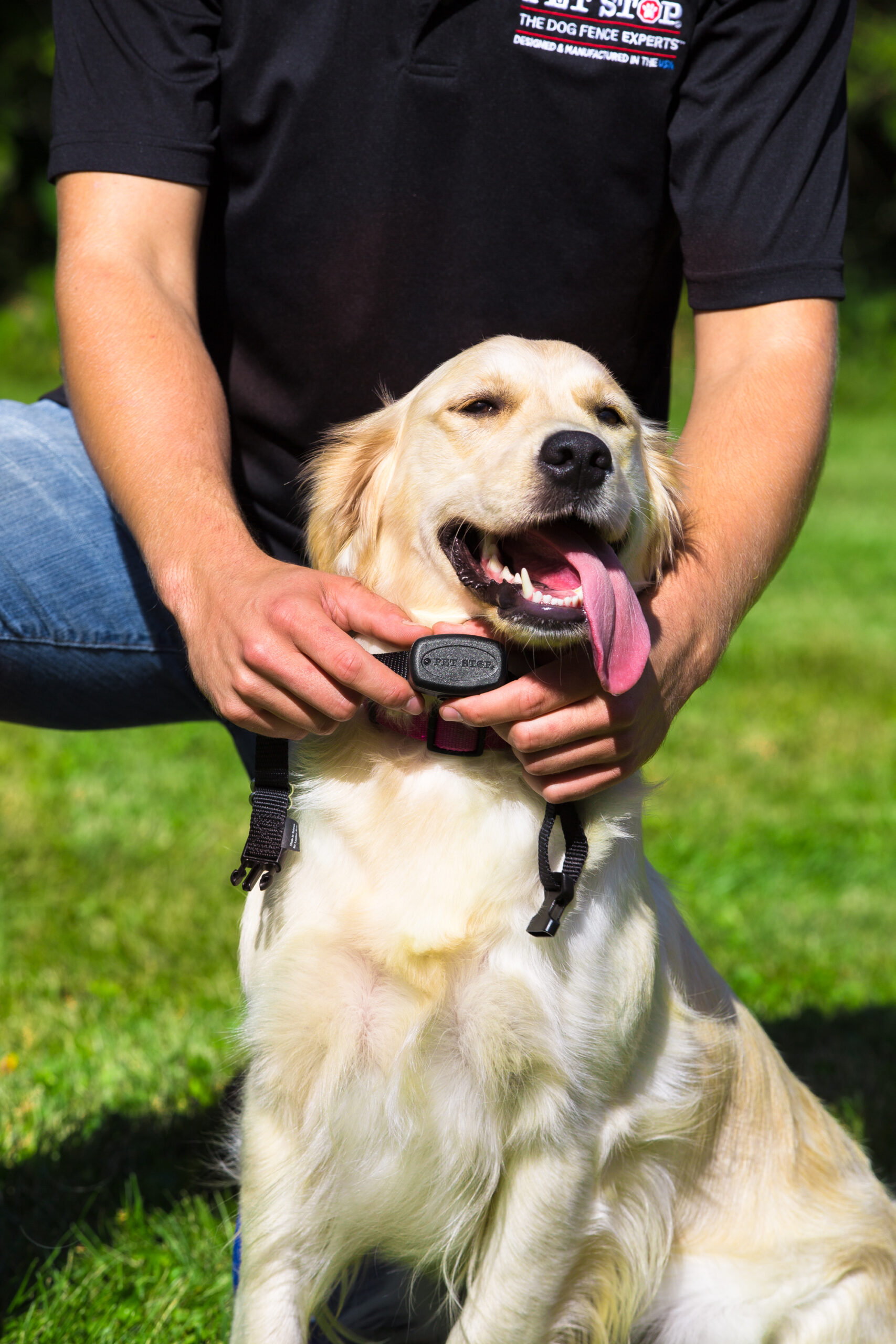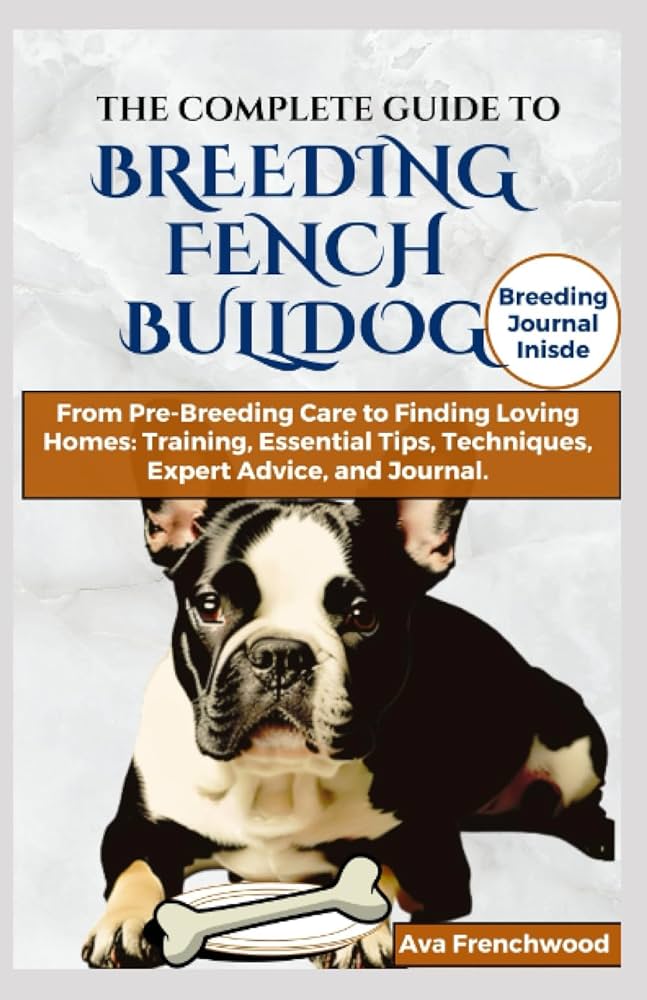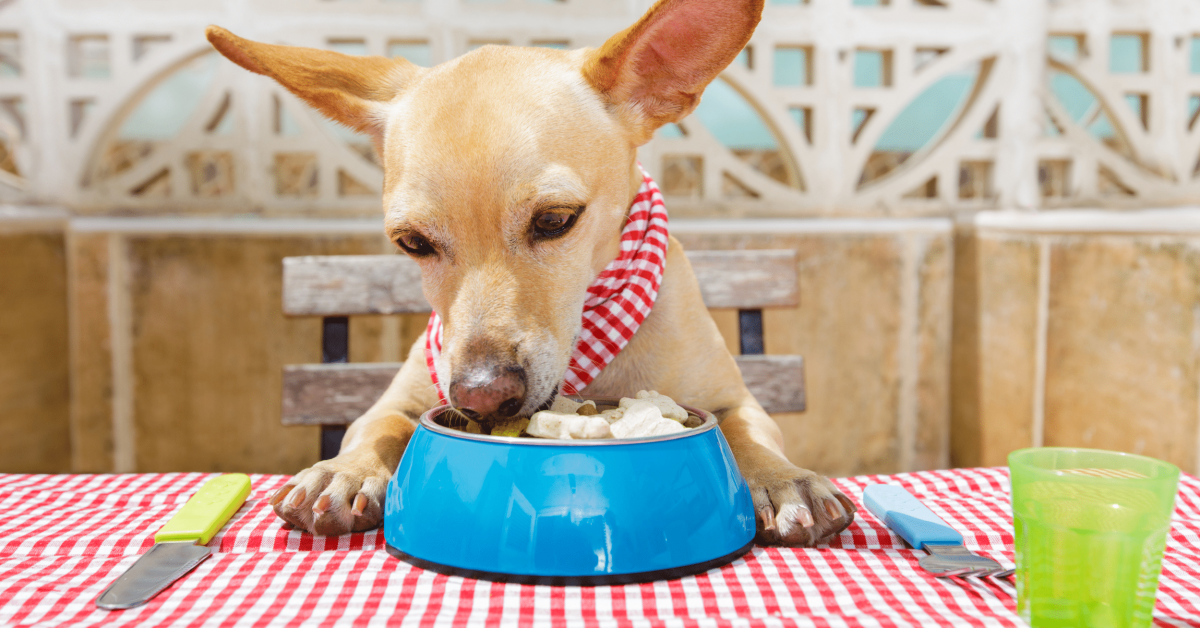Contents
If your dog eats aluminum foil, contact your veterinarian immediately. This can cause serious harm.
Pets can sometimes ingest unusual items like aluminum foil, leading to potential health risks. As a responsible pet owner, it’s essential to be aware of the dangers and know how to respond promptly. We’ll discuss what you should do if your dog consumes aluminum foil, the potential risks involved, and preventive measures to keep your furry friend safe.
Additionally, we’ll provide tips on maintaining a pet-proof environment and offer insights on ensuring your dog’s well-being. By being informed and proactive, you can protect your dog from potential hazards and maintain their health and happiness.

Credit: toegrips.com
Recognizing The Problem
If your dog eats aluminum foil, it’s crucial to recognize the signs of ingestion. Watch out for vomiting, loss of appetite, abdominal pain, or unusual behavior. Ingesting aluminum foil can lead to serious risks and dangers for your pet. It may cause gastrointestinal blockages, cuts in the digestive tract, or toxic reactions. Immediate veterinary attention is necessary if your dog ingests aluminum foil to prevent complications.

Credit: www.facebook.com
Immediate Actions
If your dog ingests aluminum foil, it’s important to act immediately. Contact your veterinarian for advice and closely monitor your pet for any signs of distress. It’s crucial to seek professional guidance to ensure your dog’s safety and well-being.
| Immediate Actions |
| Contact a veterinarian immediately for guidance and next steps. |
| Provide them with details like your dog’s size and the amount of foil ingested. |
| Monitor your dog closely for any signs of distress or discomfort. |
| Look for symptoms like vomiting, diarrhea, or difficulty breathing. |
| If you notice any unusual behavior, seek professional help without delay. |
| The vet may recommend inducing vomiting or performing an X-ray to assess the situation. |
Avoiding Risks
If your dog eats aluminum foil, it’s essential to act quickly to avoid any potential risks to their health. Preventive measures can include keeping aluminum foil out of your dog’s reach and ensuring safe disposal of any used foil. It’s important to consult with a veterinarian if your dog consumes aluminum foil, as they can provide guidance on the best course of action.

Credit: www.amazon.com
Recovery Process
If your dog eats aluminum foil, it is important to take immediate action to ensure their safety and well-being. One of the first steps in the recovery process is to seek veterinary treatment. Contact your veterinarian right away to describe the situation and follow their guidance. They may want to examine your dog to assess the situation and determine if any further medical intervention is necessary. In some cases, an X-ray may be needed to confirm if there are any pieces of aluminum foil present in your dog’s digestive system.
In addition to seeking veterinary treatment, it is crucial to adjust your dog’s diet and monitor their behavior closely. Your veterinarian may recommend a specific diet plan or advise you to feed your dog small, easily digestible meals to help prevent any gastrointestinal issues. Be sure to monitor your dog for any signs of discomfort, such as vomiting, diarrhea, or abdominal pain. It is also essential to keep potentially dangerous objects, like aluminum foil, out of your dog’s reach to prevent similar incidents from occurring in the future.
Learning From The Experience
Dealing with a dog that has consumed aluminum foil can be a concerning situation. It is important to stay calm and take the necessary steps promptly. Firstly, call your veterinarian for immediate guidance. They will ask you about your dog’s size, the amount of foil ingested, and any symptoms you have noticed. Monitor your dog closely for signs of distress such as vomiting, abdominal pain, or changes in behavior.
Share your experience with fellow dog owners to help them avoid similar incidents. Spread awareness about the dangers of leaving aluminum foil within reach of pets. Let them know how crucial it is to be mindful of items that could be potentially harmful to our furry friends. To prevent similar accidents in the future, practice routine household safety precautions such as securely disposing of used foil or storing it out of reach. Remember, being proactive and sharing information is key to keeping our pets safe from such avoidable mishaps.
Frequently Asked Questions For What You Should Do If Your Dog Eats Aluminum Foil
Can Dogs Get Sick If They Eat Aluminum Foil?
Yes, dogs can get sick if they eat aluminum foil. Ingesting aluminum foil can cause digestive issues, such as stomach irritation, vomiting, and potential blockages in the digestive tract. It is important to seek veterinary attention if your dog has eaten aluminum foil.
How Can I Tell If My Dog Has Eaten Aluminum Foil?
If your dog has eaten aluminum foil, you may notice symptoms such as vomiting, loss of appetite, abdominal pain, and difficulty passing stool. Additionally, your dog may exhibit signs of distress or discomfort. If you suspect your dog has ingested aluminum foil, it is crucial to consult with a veterinarian.
What Are The Dangers Of Dogs Eating Aluminum Foil?
The dangers of dogs eating aluminum foil include potential blockages in the digestive tract, which can be life-threatening and require surgical intervention. Ingesting aluminum foil can also cause stomach irritation, leading to vomiting and discomfort. Contact your veterinarian immediately if your dog has eaten aluminum foil.
Conclusion
In the event that your dog consumes aluminum foil, seek guidance from a veterinarian promptly. This will aid in determining the best course of action and ensuring your dog’s safety. Remember to keep potentially harmful materials out of your pet’s reach to prevent such incidents in the future.
Your dog’s well-being is a top priority.


